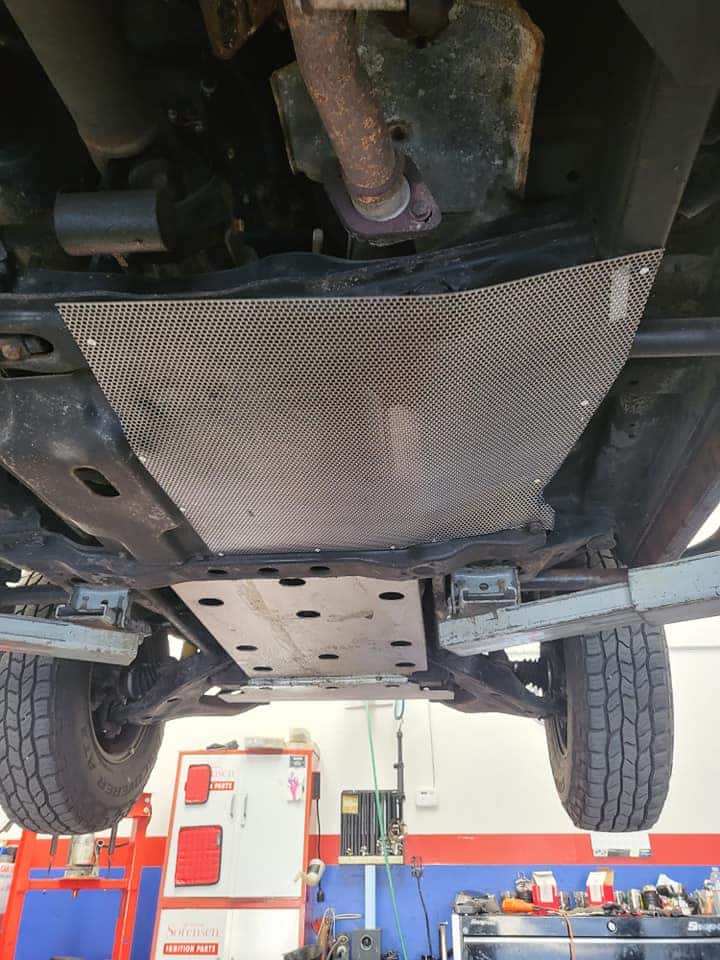Let me tell you a story. There's a man named John who owns a classic '67 Chevrolet Camaro. He's always used conventional oil, and it's worked well for him. But these days, everyone's talking about synthetic oil. John's intrigued, but he's not sure if it's for him or his beloved Camaro. Sounds familiar, right?
What's the Deal with Synthetic Oil, Anyway?
Well, here's the thing. Synthetic oil isn't some mysterious substance made in a lab by white-coated scientists. It still comes from crude oil. But it's refined, distilled, purified, and broken down into its basic molecules. This process removes more impurities from the crude oil and enables individual molecules in the oil to be tailored to the demands of modern engines.
So, What's the Advantage?
Synthetic oil offers numerous benefits. First, it provides better engine protection, especially at start-up. Most engine wear happens right after you start your car. Synthetic oil flows more quickly than conventional oil, which means it starts protecting the engine sooner.
Second, synthetic oil can withstand higher temperatures. This is particularly advantageous if you drive in hot climates or regularly tow heavy loads. Also, synthetic oil can help your engine run cooler.
What About Conventional Oil?
Conventional oil has been around for years, and it's still a good option. It's typically less expensive than synthetic oil and will provide adequate protection for most engines.
But here's the catch. Conventional oil needs to be changed more frequently than synthetic oil. So, while you may pay less at each oil change, you'll be changing your oil more often, which can add up.
Choosing Between Synthetic and Conventional Oil
So, back to John and his Camaro. Should he stick with conventional oil or make the switch to synthetic?
It boils down to this: if John's just driving around town, going to work, the grocery store, and the occasional road trip, conventional oil might be just fine. But if he's pulling a boat, driving in extreme temperatures, or his manufacturer recommends synthetic oil, the extra cost could be worth it.
What's important is to consider your vehicle, your driving habits, and consult your owner's manual.
The decision between synthetic and conventional oil is an important one, and it's not to be taken lightly. The right oil can extend the life of your car and ensure it performs at its best. And that's something John, and every car owner, definitely wants.
Ready for that oil change? Whether you're ready to make the switch to synthetic or want to stick with conventional, we've got you covered. Get in touch with us today and ensure your vehicle gets the best care possible.












